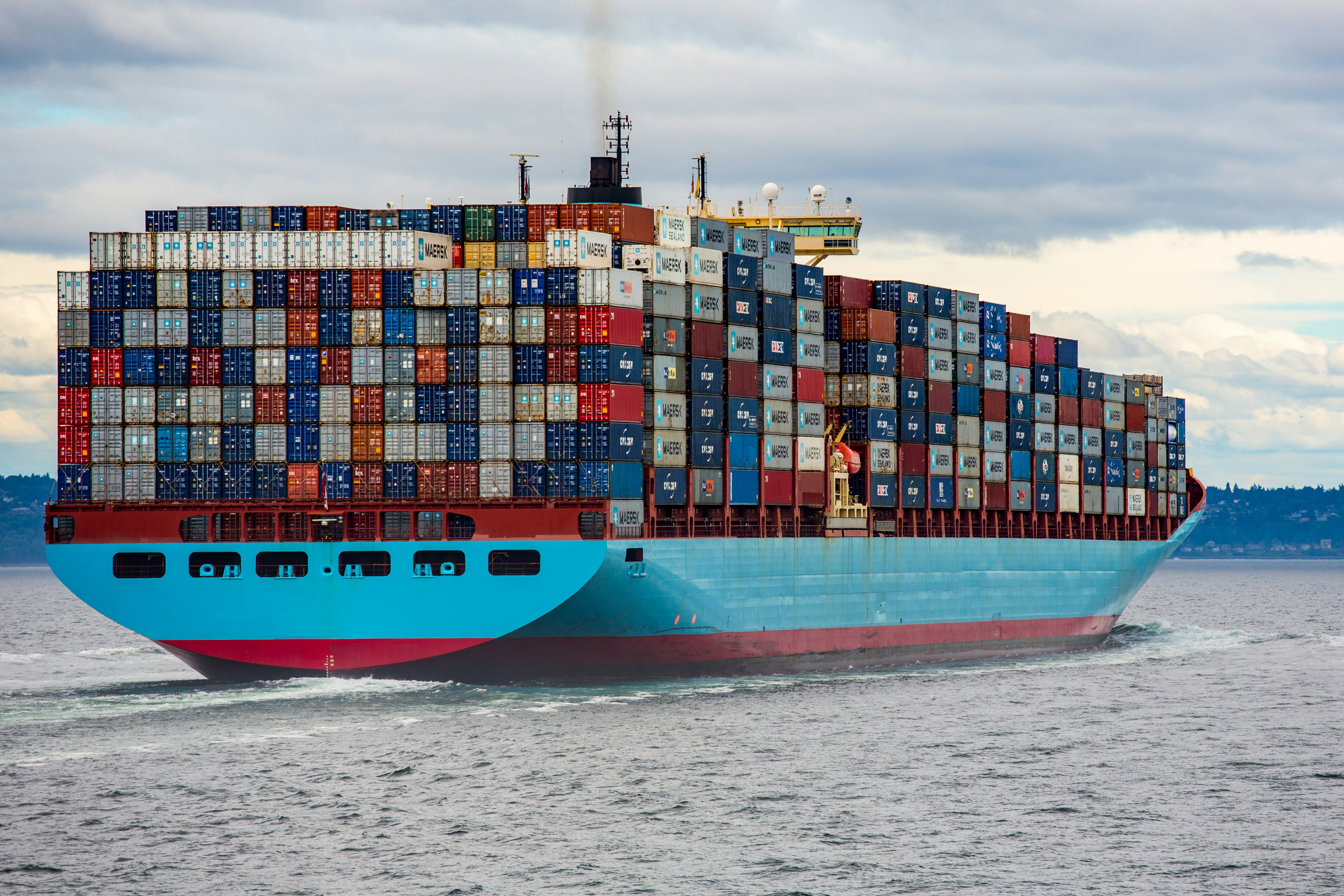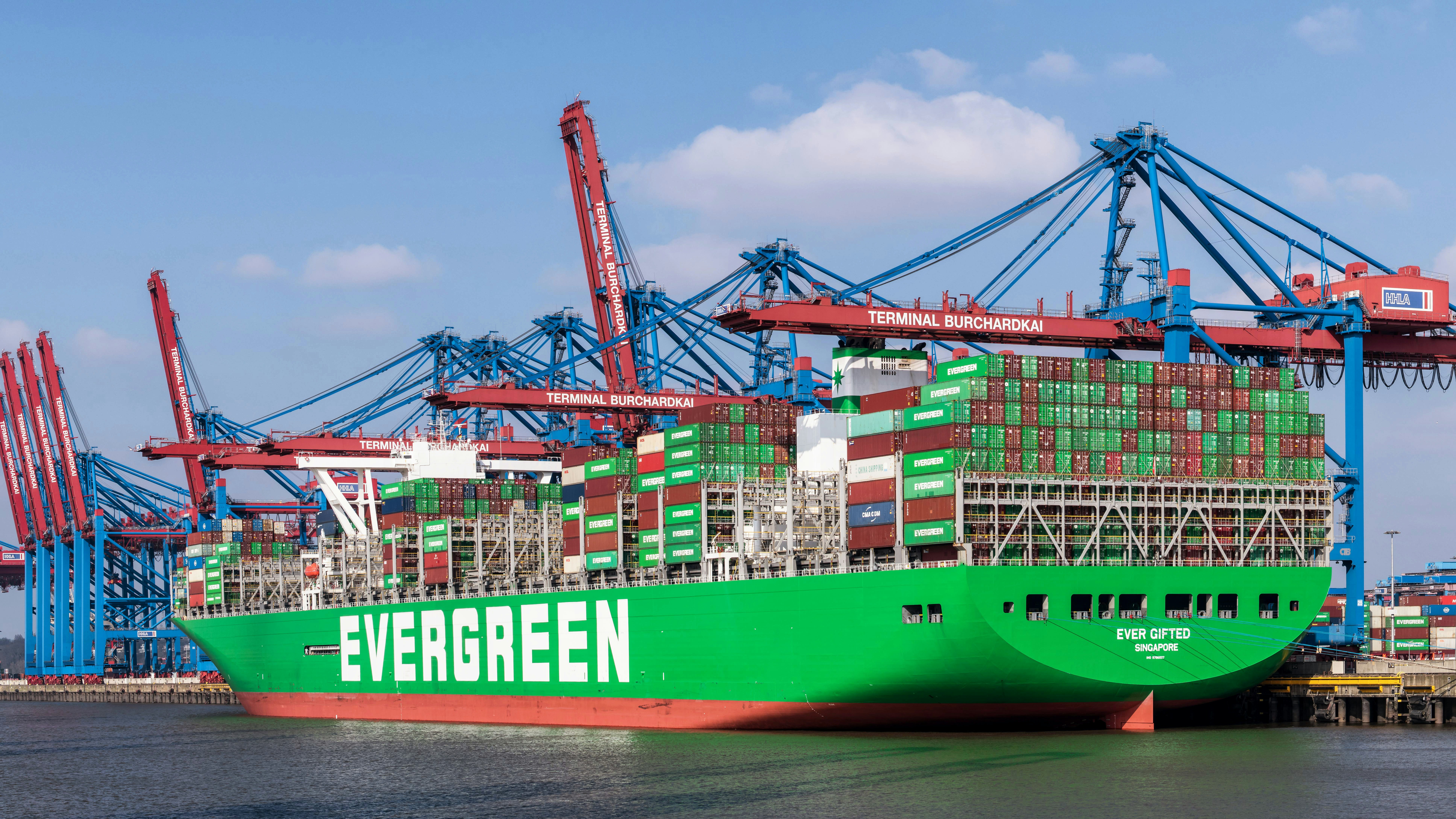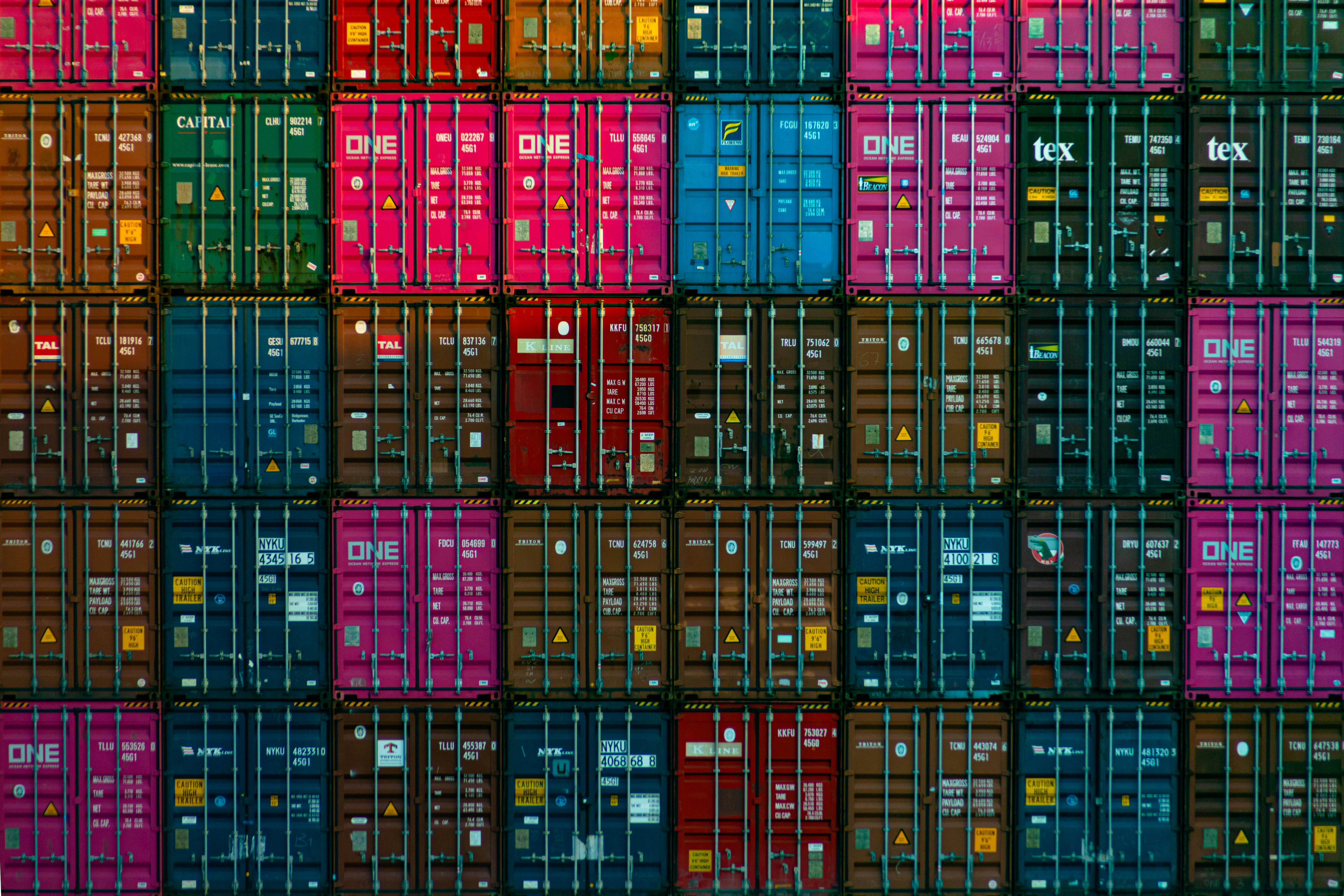Impact of U.S. Trade Policies on Global Economy: Tariffs and Trade War
Explore the recent changes in U.S. trade policies, including tariffs on China and their impact on the global economy. Understand the implications of the ongoing trade war and its consequences on international trade.

Photo by Ian Taylor on Unsplash

Photo by Ian Taylor on Unsplash
Overview of Recent U.S. Trade Policy Changes
The recent announcement by President Donald Trump regarding the pause in most country-specific tariffs for 90 days coupled with the significant increase in duties on imports from China to 125% has sparked discussions worldwide. While the majority of countries will maintain a 10% baseline tariff, sector-specific tariffs are set to remain in place, signifying a complex shift in U.S. trade policy dynamics.
Implications for Canada and Mexico
Canada and Mexico, despite their established trade relationships with the U.S., face the burden of a 25% tariff on non-USMCA-compliant goods. Additionally, sector-specific duties on vital products like steel, aluminum, and automotive goods are still enforced, impacting the economic ties between these countries and the U.S.

Photo by Ian Taylor on Unsplash
Global Trade Negotiations and Escalating Tensions with China
The decision to pause reciprocal tariffs by President Trump reflects a strategic approach amidst increasing engagement with over 75 countries seeking trade negotiations. Notably, countries like Japan, Vietnam, South Korea, and India are positioned prominently in this negotiation landscape. Nevertheless, the ongoing trade war escalation with China paints a contrasting picture, with both countries imposing substantial tariffs on each other, setting the stage for intensified economic strain.
The Ramifications of the U.S.-China Trade Conflict
The tit-for-tat approach in tariffs between the U.S. and China, accounting for a significant portion of global trade, poses severe risks to the global economic outlook. The potential reduction in merchandise trade between these giants, as per projections by the World Trade Organization, could lead to a substantial decrease in the global real gross domestic product, painting a grim picture for international trade.